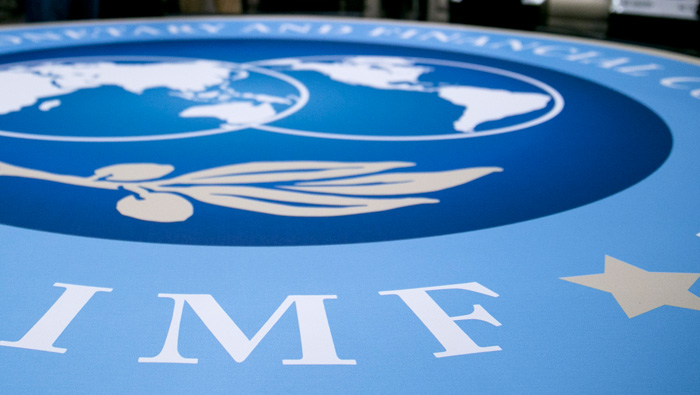
Dubai: Pace of Saudi Arabia’s austerity drive will likely ease in 2017, a senior International Monetary Fund (IMF) official said, helping the kingdom’s economy recover after a sharp slowdown this year.
The slump in oil prices has prompted the government to cut spending to curb a budget deficit that ballooned to about 15 per cent of gross domestic product last year. Officials have delayed payment to contractors, reduced energy subsidies and trimmed the take-home pay of public servants. With the private sector heavily dependent on public spending, non-oil economic growth will slow to 0.3 per cent this year, a rate that is “barely positive,” according to Masood Ahmed, the IMF Middle East chief.
"Next year we see a little bit of an improvement compared to this year, in part because the big consolidation would be a little easier," Ahmed said in an interview in Dubai. The fund expects non-oil GDP to expand 2.6 per cent in 2017. Overall growth will be 2 per cent.
The forecast didn’t include the impact of the government’s recent decision to freeze bonuses for state employees and cut the salaries of ministers by 20 per cent in the Islamic year starting in October. The measures may be a “further downward drag on growth,’’ Ahmed said.
Saudi Arabia is undergoing the biggest economic shakeup in the kingdom’s history in an attempt to reduce its reliance on oil. The government aims to raise more than $100 billion in non-oil revenue a year by 2020, through measures including value-added taxation, as it seeks to balance the budget.
"This kind of transformation is never easy," Ahmed said. "It takes some time to implement and I can see that a year into it people are still adjusting to it in a varying degrees."
The IMF expects the budget deficit to narrow to 9.5 per cent of GDP in 2017 from 13 per cent this year.
A projected improvement in oil prices would have an impact on the economy “next year more than this year,” Ahmed said.